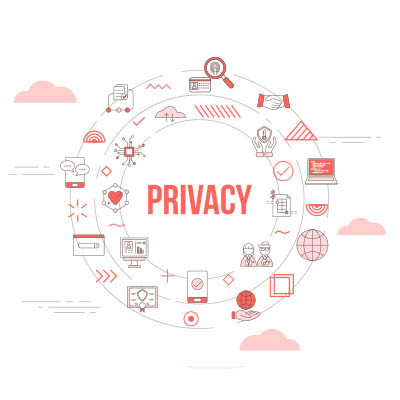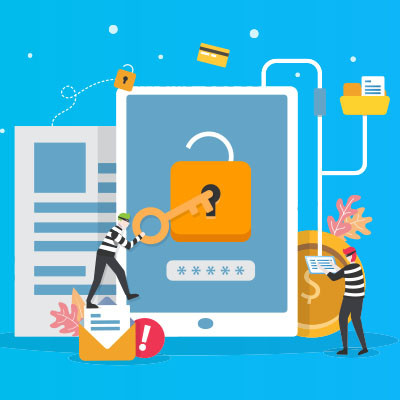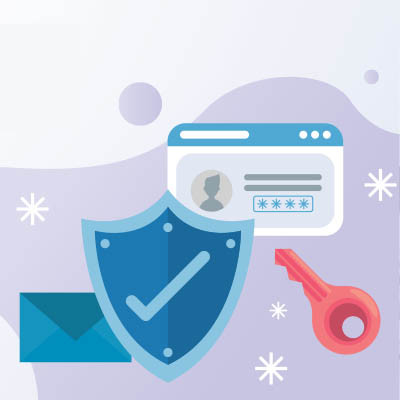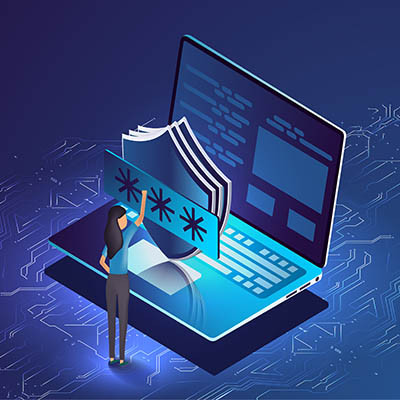We wanted to switch things up for today’s article and try writing a daytime soap opera instead of our usual blog. Please feel free to read the following with dramatic string music in the background and all dialogue as whispered, bellowed, or forced through clenched teeth by a cast of longstanding characters.
The populace of quiet Oak Falls… so many simply trying to make an honest living, doing their best just to exist. Unfortunately, even the size of this peaceful little coastal town isn’t enough to keep out modern threats, making many of Oak Falls’ residents… The Innocent Targets.




















